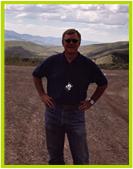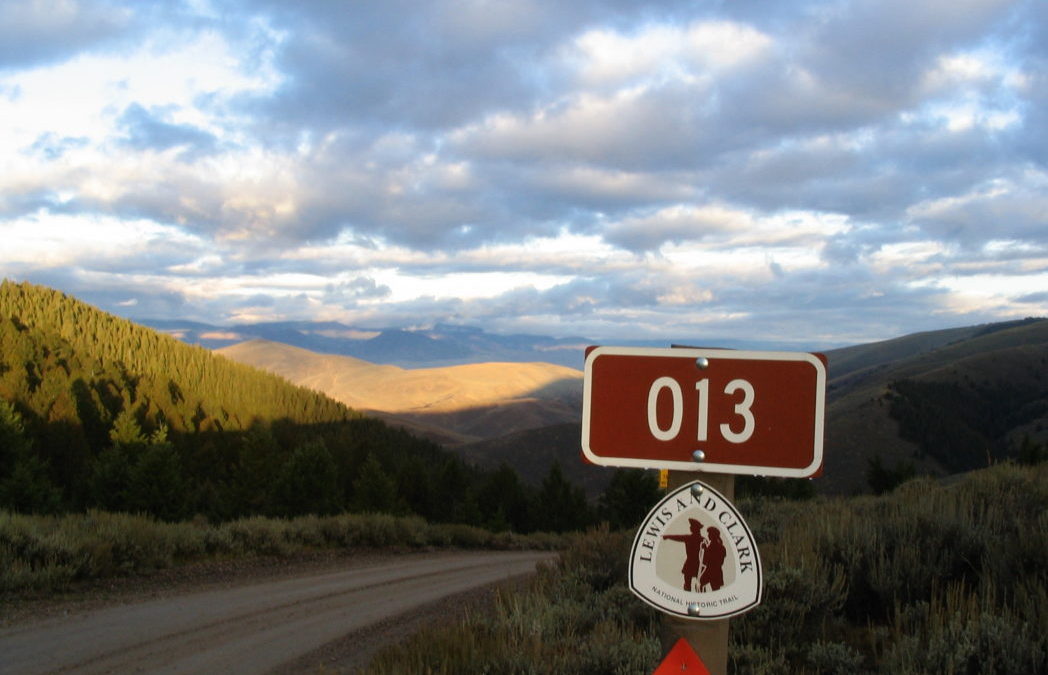Almost 30 years ago, I spent a summer with other students traveling the back roads of the NorthWest Frontier Province of Pakistan working with a refugee relief agency. The best times for our journey came with the interaction with people when we were on foot, walking, where time and proximity brought us together. Sometimes it was to share a meal, sometimes just a chat over a cup of tea, sometimes just to ask directions. Especially along roads like the one here, we asked, what’s up ahead? How far to Mastuj? Where’s a good place for a meal in Chitral?
I share this because it informs me about what we mean when we talk about life and work being a journey.
It is a common thought that life is a journey, not a destination.
We say this because life has ceased to be predictable, certain and secure. It is much more a process of discovering what we need to know right now, every day.
Everyday, traveling along an unknown trail, means that the skills and knowledge we need are quite different than if we never left our home and ventured into the unknown.
As my work has developed over the years, I’ve come to realize that while my work falls into the broad category of consulting and coaching, my real service to people and organizations as been as a guide along an unknown trail of life and work.
What does a guide do?
If life and work is a journey, then the guide …
1. Establishes a plan for how to travel on this journey.
2. Provides tools and skills training to manage the challenges and meet the opportunities that come along.
3. Trains the team that travels together to be a group marked by a high level of collaboration, communication and coordination.
4. Travels along side as a guide along the unknown path to the future to celebrate success and stand with people during times of set back and confusion.
The journey to the future is an unknown one for most of us. We should not travel it alone.

If you’ve been around me for the past decade, you’ll know that the story of the Lewis & Clark Expedition became a way for me to understand what is required of us as we approached an unknown future. I saw in their story of friendship, collaboration, discipline and courage, a way of understanding what we all need. During the Expedition’s Bicentennial years, I wrote about their leadership in my blog, Lewis & Clark for 21st Century Leaders.
To treat our lives and work as a journey means we make some choices about how we live and work. We look to discover who we are and what our potential is. We recognize that the people we encounter on our journey matter a great deal. These people matter because they bring wisdom and insight to what might just be ahead of us around the next bend. And it means that we travel lighter, with less baggage, both physical and emotional, so that we are freer to follow trails less traveled, yet with greater prospects for discovery.
In Stephen Ambrose‘s wonderful history of the Lewis & Clark Expedition, Undaunted Courage, he writes about Meriwether Lewis growing up in colonial era Charlottesville, Virgina.
From the west-facing window of the room in which Meriwether Lewis was born … one could look out at Rockfish Gap, in the Blue Ridge Mountains, an opening to the West that invited exploration. The Virginia Piedmont of 1774 was not the frontier … but it wasn’t far removed.
I don’t think the idea of a journey is simply a literary device to describe an experience we may be having. Based on what I’ve experience during my life time, life is a journey. It is only a metaphor if you never walk out your back door to explore an unknown world beyond your back yard.
Today the frontier isn’t geographic as in Lewis day. It is much more complex and unknown. It is still personal, social, organizational and cross-cultural. Judgment and clear-sightedness are still needed as decisions are made, and actions taken that test our ability to achieve what we envision.
It is here as a guide that I’ve found my clearest sense of value to people and their organizations. If you find that the future, whether a month, a year or a lifetime, is unknown and daunting, then let us talk and see how we might travel the journey of life and work together.


